|
The belief that more hours at work equate to higher productivity is a myth.
This misconception has been deeply ingrained in our professional lives, leading us to sacrifice health, relationships, and leisure to pursue an elusive ideal. Actual productivity is not about stretching our workdays thin but thriving across multiple dimensions of our lives. Productivity isn't a linear concept. It's a multidimensional phenomenon that goes beyond professional achievements and encompasses the following dimensions:
0 Comments
The end of the year is nigh! And with it comes a lot of busy work—some fun, some not so fun. Whether it’s personal or professional, the end of the year is about finishing up, taking stock, and making plans. And that’s all before we get into the crush of the holidays. Our To-Do lists can be very long this time of year. What we often leave off our list is taking time for ourselves. Yet, the crazier life becomes, the more we need to give ourselves space to just be. We need to spend time on our self-care. You have probably heard the term self-care tossed around, but what is it exactly? It is any activity that we deliberately do to take care of ourselves—mentally, emotionally, and physically. Self-care is time or an activity that builds us up rather than takes away our energy. It is a way to recenter body and mind when we feel scattered and overwhelmed. Building trust within a team isn't just about improving performance; it's about forging a workplace culture that aligns with integrity, innovation, and shared success.
When trust is the cornerstone of your leadership, solving complex problems becomes a collective endeavour, and creating lasting change becomes a shared mission. A team that trusts its leader is a team that's committed, resilient, and ready to go above and beyond. But how do you earn this trust? Empathy It's about demonstrating that you prioritise your team’s well-being. For instance, recognising the importance of work-life balance isn't just about offering flexible hours—it's about respecting those hours. When your team knows their time is valued, they're more invested during working hours. Whether it excites us or paralyses us, change is an inevitable part of life and leadership. In today's fast-paced and dynamic business world, leaders must navigate change successfully to ensure that they and their organisations can adapt, grow, and thrive. In this article, we'll explore seven key strategies that you can use to develop the skills and mindset needed to navigate change successfully.
Which of us doesn’t want to have a good life? Who doesn’t want to be enough? With a lovely house and garden, sweet children, a loving spouse, who come together for breakfast, lunch, and dinner. A life filled with good friends who celebrate over an elaborate meal and extended family that come together often with smiles and hugs. A life with a rewarding job that appreciates your work and brings out your best. While these scenarios might be things that people dream about, they are scenes from stock photos, advertising campaigns, lifestyle shows, and social media influencers. Yet they inspire us to want to be perfect, to have perfect lives. They prey on our feelings that we are not enough. Then, for many of us, the drive to have a perfect life overwhelms. In her book, End the Struggle and Dance With Life, Susan called the drive to always be perfect an addiction. Always having to be the best, always going above and beyond, always having to prove yourself are just ways of trying to show the world, and yourself, that you are good enough. Being a perfectionist, while it might look as if everything is fantastic, takes its toll on our health and our relationships. It can also hold us back from new opportunities. All those images and videos we see of perfect-looking people living perfect lives only has the echo of truth in them. What we never see in those images is the mess behind the camera. The other people working behind those scenes to make the illusion seem real. So while those images make us feel as if we are less than perfect, they only represent something superficially “perfect.” The reason our addiction to perfection can be so devastating is that we believe our self-worth is measured by our performance. But since no one is perfect, it is impossible to attain self-worth through perfection. Trying to be perfect in everything we do is only a means to feel as if we are good enough. Constant Interruptions, Disturbances, Noise - How They Can Rob You of Your Focus (and Motivation)21/9/2023 They are building all around me this week – even with a jackhammer just below me. It is unbearably noisy. This noise is robbing me of my focus and, consequently, my motivation.
Currently, I am writing this while sitting in a quiet restaurant near my apartment and right by the lake . Hotel lobbies seem to stimulate creative thoughts. Nothing against the builders or the need to repair / renovate something in the building. That is life. We need to do maintenance on buildings just as we need constant maintenance in the form of self-care. But the level of disruption has made me appreciate how much noise makes it difficult for me to focus and concentrate. I had intended to do my morning brain training before I started work today but found that the drills and the jackhammer were too disrupting. So disrupting, in fact, that I left the house and retreated to this lakeside location. No matter how much I encouraged myself to, I just could not handle it. In the Oxford Dictionary, the definition of a “control freak” is “a person who feels an obsessive need to exercise control over themselves and others and to take command of any situation.” The Merriam Webster dictionary says that a control freak is “a person whose behaviour indicates a powerful need to control people or circumstances in everyday matters.”
This personality trait could stem from a chaotic childhood, alcoholic parents, abusive behaviour, or early abandonment. Such experiences can make it hard for people to trust or relinquish control to others. The fear of falling apart pushes them to control what they can. As their emotions are all over the place, they feel loss of control. For this reason control freaks will micromanage whatever they can with the belief that this makes them strong. People who feel out of control tend to become controllers. I imagine each and every one of us is a control freak, or takes on the behaviour of such, at some point or another. The fear of failure is what makes it so important to control everything when you do not trust anybody else to do a good job. One difficult aspect of being around a control freak is accepting that they do not understand how their behaviour and choice of words affect the people around them. Another difficult aspect is not to take it personally. This behaviour comes from deep inside and the person is actually quite unaware of being a control freak. Limiting beliefs are negative thoughts and assumptions that hold us back from achieving our goals and reaching our full potential. They can be deeply ingrained and often go unnoticed, but they can have a significant impact on our lives if left unchecked. In this article, we'll explore some effective ways to manage limiting beliefs and overcome your inner critic.
Identify Your Limiting Beliefs The first step in managing limiting beliefs is to identify them. Start by paying attention to your inner dialogue and noticing any negative thoughts that come up. These thoughts might include things like "I'm not good enough" or "I'll never be able to do that." Once you've identified your limiting beliefs, write them down and examine them more closely. Ask yourself whether these beliefs are based on facts or whether they are simply assumptions. “Challenges in life either do or do not have solutions. If there is a solution somewhere, then there is no need to be overwhelmed by the challenge. If there genuinely is no solution, then there is no point being overwhelmed by it." Unknown If you genuinely believe there is a solution to every problem, there is a greater likelihood that you will find the solution. Personally, I believe the approach “where there is a will, there is a way.” I do not always find the way as soon as I would hope – which is sometimes due to a lack of motivation. I then remind myself that I know that nothing stays the same, and therefore I have nothing to fear. Things will change even if I do nothing.
If you recognize the warning signs of impending burnout in yourself; remember that it will only get worse if you leave it alone. But if you take steps to get your life back into balance, you can prevent burnout from becoming a full-blown breakdown.
Read on for some tips: Worried About Achieving Your Goals? Take Charge of the Stress in the Moment to Stay on Track5/1/2023 You have a goal, but are worried you will not achieve it. So many issues are popping up that need dealing with, obstacles and other unexpected ‘stuff’ keeps interfering with your daily plan and / or overall daily structure. Stress kicks in, which means focusing is harder and so less is achieved… sound familiar?
All of these thoughts and mind chatter do not have to result in your getting off track or losing sight of your goal. The trick is to take charge of your thinking and push the ‘reset’ button. By this I mean, ‘reset’ the moment, not the direction you are heading or the goal you intend to achieve. Resetting the moment means handling whatever is causing you stress. Stress is an emotional issue and will not vanish with the flick of a switch in your brain. Unless, of course, you already.... Honoring emotions is an important element in achieving Emotional Intelligence. And your moods – both “good” and “bad” -- are an important part of your emotional being. Learning to flow with your moods and be honest about them gives you more individual self-expression and even self-confidence.
Have you noticed that things go more smoothly when you are in the mood to do them? Traffic lights change to green and you find a great parking place when you’re in a good mood. And when you’re in a bad mood, seems like almost everything goes wrong? Moods, good and bad, come in their own timing, so practically speaking, how can you capitalize on the good moods and mitigate the bad moods? Good moods are easy. Whenever possible, do things when you're in the mood to do them. Then you hit the green lights or, if you don't, you're not as likely to get upset about it. But what about the bad moods, when you just aren't in the mood to do something you have to do? How can you get yourself in the mood to enjoy what you’re going to do? Here are 3 keys that can help: Career counselors recommend each question you ask serve at least one of three purposes. You’re crushing your job interview. You’ve nailed every question thrown at you, and nothing has tripped you up. As the conversation winds down, you’re oozing confidence. Then your interviewer hits you with one final test:
“So, do you have any questions for me?” It’s your last chance to impress the employer and make sure the job is a good fit for you — but you need to tread carefully. If you ask the wrong type of question, or the wrong number of them, you risk leaving a bad impression. We’ve consulted with hiring experts to come up with seven questions to ask — and a few to avoid — to end your interview on a strong note. How to prepare questions for your interview Opinion: Being less or more confident of the choice that has been made cannot affect the outcome. It can, however, influence future ones. I’VE ALWAYS BEEN an indecisive person. What to wear, which menu item to pick, when to do house chores, always thinking through scenarios before committing to even the most trivial of choices.
If this sounds like you, you’re certainly not unusual: Many people struggle with these issues. Our new research may not be able to help you choose which restaurant to go to, but it might reassure you. Decisive people may be more confident in the choices they make, but they are no better at making decisions than the rest of us. A daily practice to realize the counterintuitive truth that when you slow down, you have more time. Most people, most of the time, move more quickly than they need to. I’m not talking about running for the bus—I mean operating with an internal imperative, an over-revved engine, an agitated nervous system and an overactive mind that makes you drum your fingers while you wait for your coffee order, fidget with your phone when there is nothing you need from it, walk as if rushing because, well, just because it’s your habit. Moving quickly, while stressful, gives us a sense of purpose, as if pace and posture are saying: “Look how busy and important I am; I have no time to hang around.” “I have so much going on,” we boast to each other, as if we would prefer it to be otherwise. We tell each other: “I really need some space,” but as soon as you have some free time, do you just sit there, surrendering to the void? No, you fill it up with doing something!
Remember that life is complicated and can be more difficult at times. Sometimes it feels like a rollercoaster ride! Cleaning your life up, getting rid of the deadwood, and finding your place of balance forms a wonderful grounding foundation to build on. Feeling you are in balance is the best, most powerful place to work from and a place to come back to when things are difficult. Being familiar with the feeling of being in balance allows you to know exactly what you want to get back to. This also offers you the goal to strive for. Life will always contain difficult times. Trusting yourself to handle these difficult times gives you the confidence to deal with them.
If your life feels like it is a mess and you are ready to take some action, there are many different approaches to consider. Support from a professional or wise friend, meditation, spiritual beliefs, sometimes even just taking a “time out” holiday is incredibly beneficial. Find the option that suits your personality and lifestyle best. You are looking to be more grounded in the present, calmer, which will offer more clarity. You are more likely to stay on track with making the necessary changes with a realistic clear mind. To get yourself on track to feeling better and living the kind of life you wish for, ask yourself: Resist unnecessary mental time travel Here’s how I think about mental strength:
Mental strength is the ability to control your mind instead of being controlled by it. For example:
So becoming mentally strong doesn’t mean you are able to exert complete control over everything that goes on between your ears. Mental strength means understanding which parts of your mind you can control and being able to do it well when it matters. For example: Taking care of ourselves helps us do better work, but it shouldn’t feel like work.
Well-being is having a moment. What was once considered a soft-news lifestyle topic has, thanks to our collective experience of the pandemic, moved to the center of the conversation about work and life. And as a Chief Well-Being Officer, I’m certainly glad to see this shift (even if I obviously would have preferred a different catalyst). Still, when I’m asked questions about well-being, as I often am, I’ve noticed a troubling trend. Very often, well-being becomes just another stress-inducing item on our to-do list. So as we continue to prioritize our well-being, we also need to shift our mindset away from viewing well-being as work. Because well-being isn’t a benchmark we need to hit. It’s not another guilt-inducing metric to measure ourselves by. The whole point of bringing more well-being into our lives is to lower our stress, not add to it. With that in mind, here are six ways to prevent well-being from becoming just another item on our to-do lists. Happy holidays to you from the Coaching Group of Switzerland. Suzie, Davide, and Susan thank you for all you are doing to bring light to the world.
Core values are personal to each individual. They can be described as your code of ethics, your fundamental principles, your standards, or personal rules. I like to refer to them as the bricks you build your foundation on. Knowing what you truly value in life, what makes you feel fulfilled and gives you a sense of meaning, connects you to your true self and is an important part of your personal development. Core values are about YOU – not what society, the media, your education, your colleagues and friends or family deem as important, or of value, but what is important to you, what you value. Stress tends to set in when you are not treating these values with the respect they deserve. Not respecting your core values means you are not respecting your true self. In turn your self-esteem could suffer, which of course in turn decreases the quality of your day-to-day life. When the feeling of being calm and peaceful is present, and the quality of day-to-day life is high, you feel good about yourself and who you are. Your self-esteem and self-worth benefit from this. Caroline Myss, a five-time New York Times bestselling author and internationally renowned speaker in the fields of human consciousness and mysticism, says, “Being able to speak and live with the truth, your truth, means you have to become comfortable with having your power, be comfortable with all that is true about you, all that is beautiful about yourself, this is being okay with yourself.” Consider the Core Values Process I offer as a gift to yourself. The focus can be on your life, your overall life which would include your career, your career alone or your leadership values (this is a great exercise to do as a new leader or to update your existing leadership skills aligning them with your personality). by Suzie Doscher, Executive Coach, Life Coaching - Focusing on Personal Development, Self-help Author: Balance - a Practical Handbook for Life's Difficult Moments Photo credit: Shutterstock Set up a Core Values Process with Suzie Doscher or contact any of our coaches for a free introductory session. |
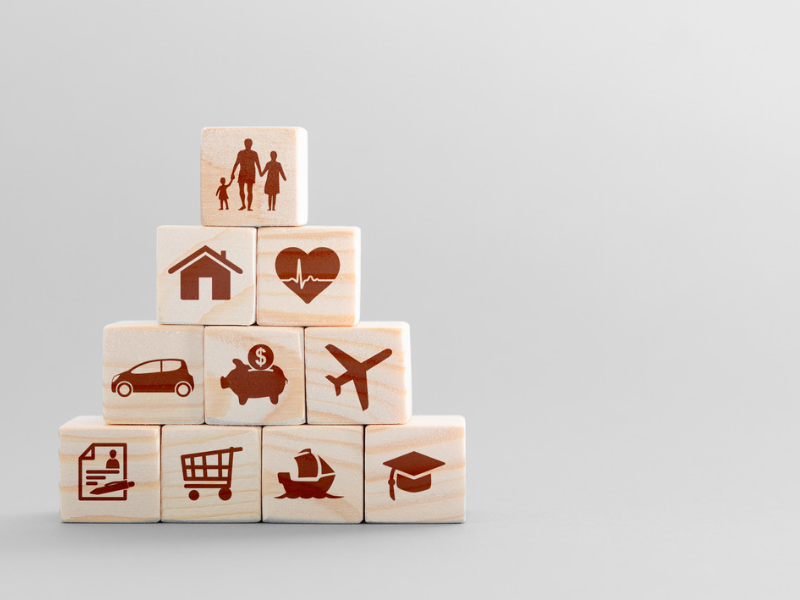

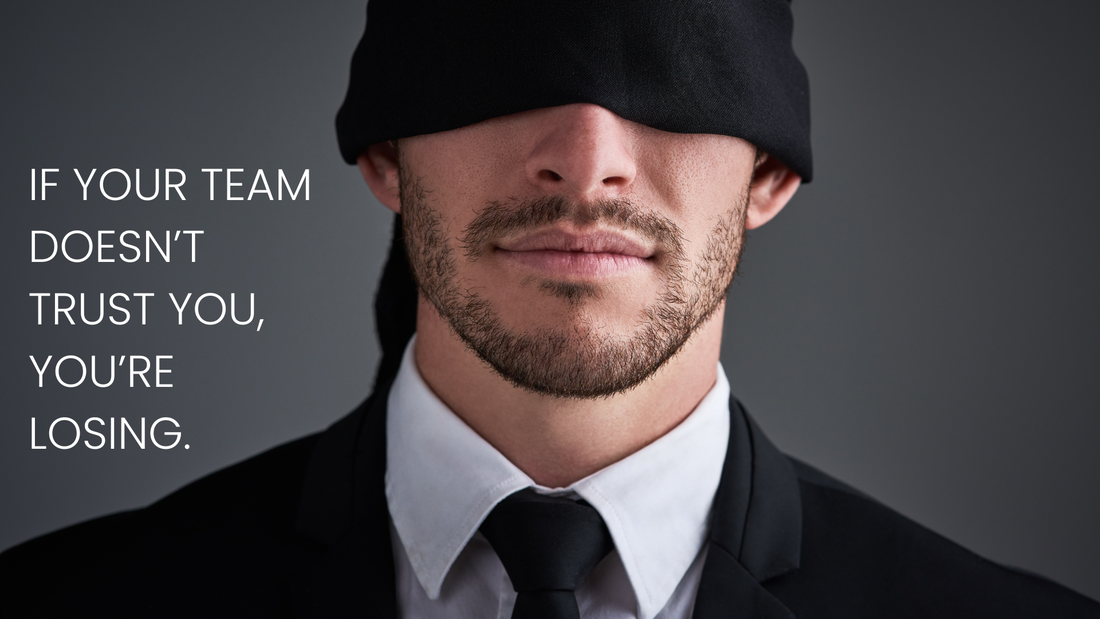

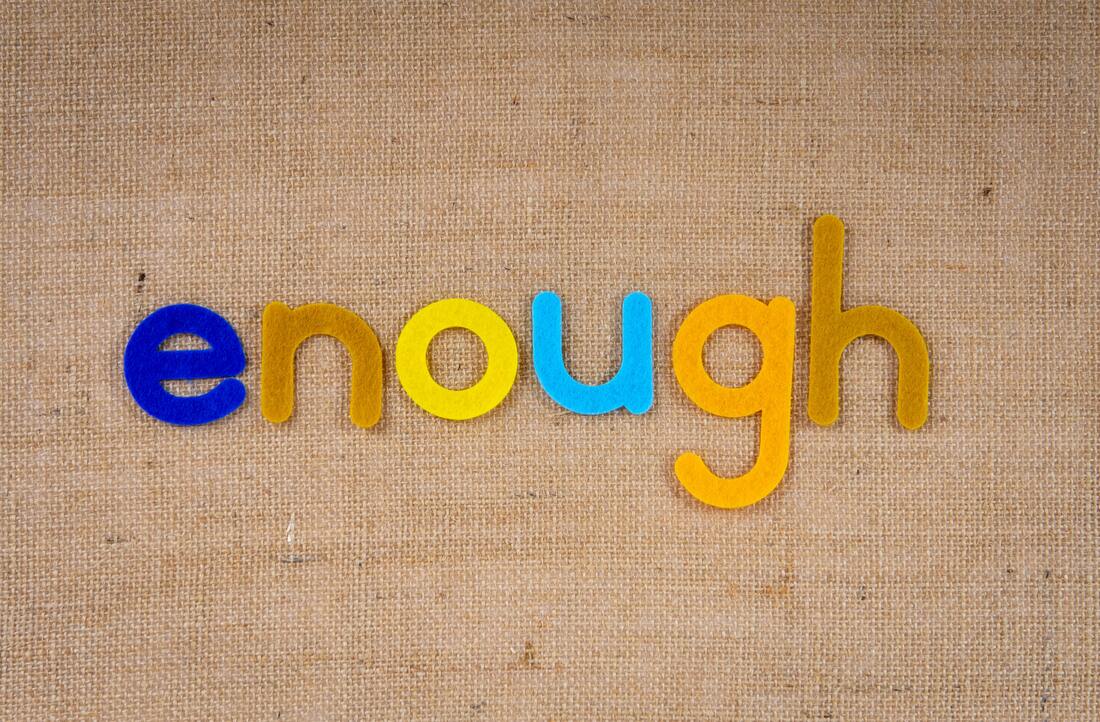
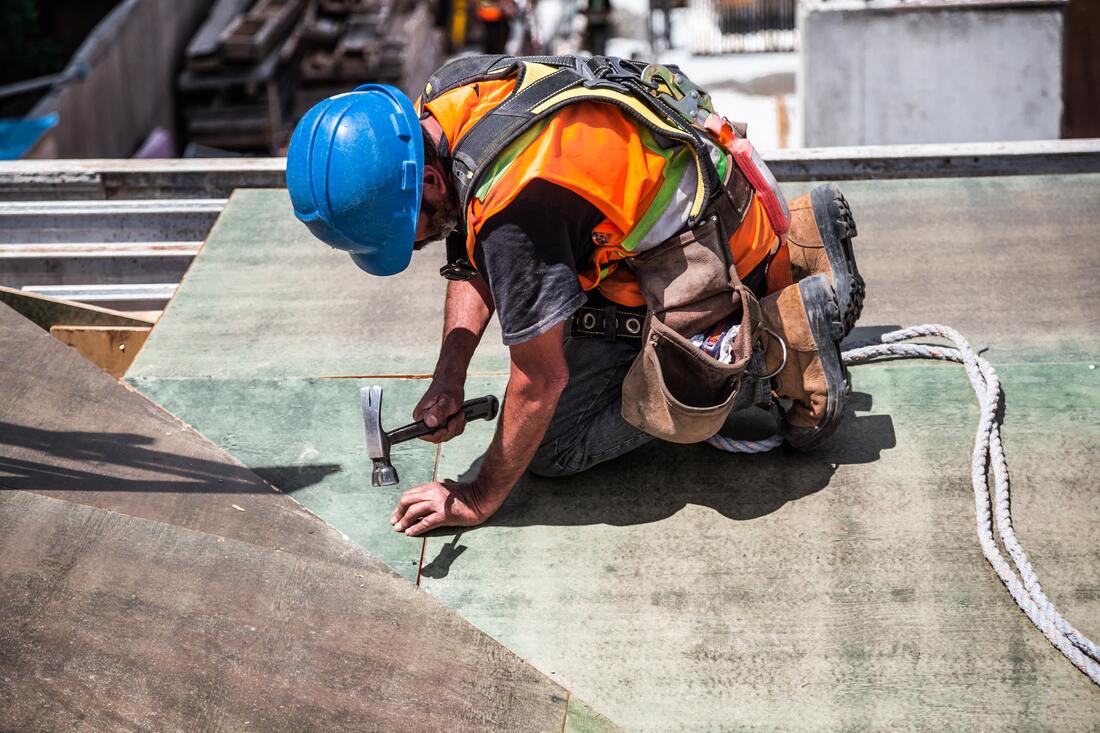

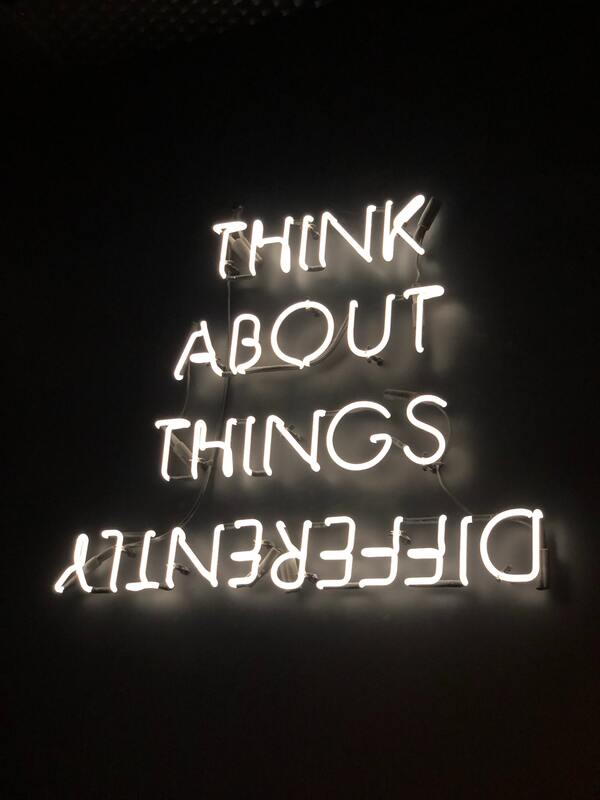










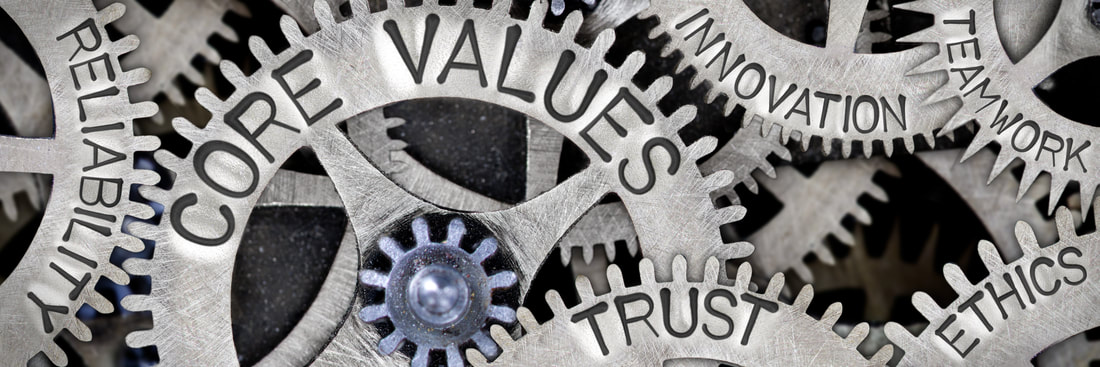
 RSS Feed
RSS Feed